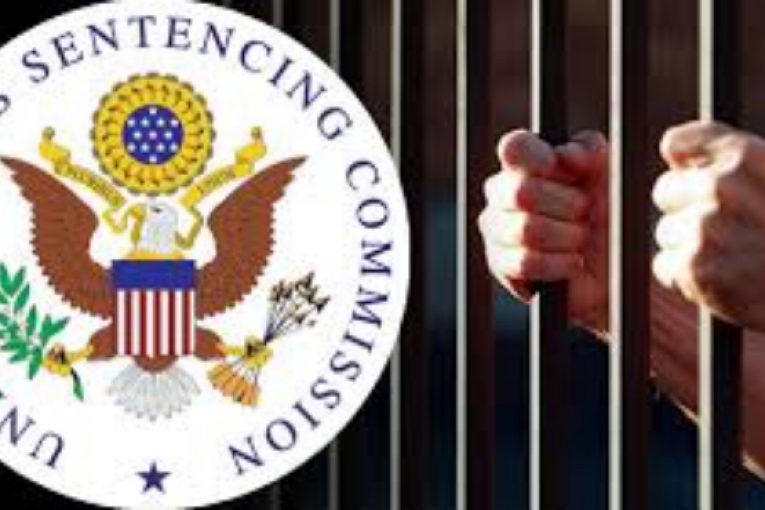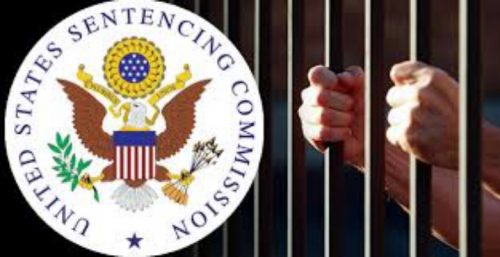

By Darling Gonzalez
WASHINGTON DC -The U.S. Sentencing Commission (USSC) released a report late this week about the impacts of the First Step Act of 2018, and details about compassionate release decisions involving the COVID-19 pandemic.
The USSC said a “compassionate release” provision authorizes a court to reduce an incarcerated’s term of imprisonment for “extraordinary and compelling reasons.”
The extraordinary and compelling reasons described by the commission policy statement reveals reasons for release, including the incarcerated’s medical condition, age, family circumstances, or some other extraordinary reason that could combine with the first three mentioned.
The published report by the USSC introduced the First Step Act of 2018 as an act that allowed the incarcerated to file motions seeking for compassionate release in federal court directly after satisfying an administrative exhaustion requirement.
Before the First Step Act was introduced, the incarcerated were not allowed to file motions and the only possibility for compassionate release relied on the Director of the Federal Bureau of Prisons (“BOP”) to file that motion on the incarcerated’s behalf, the USSC included.
As a result of the COVID-19 pandemic, the number of offenders who requested and were granted compassionate release drastically increased in the fiscal year of 2020 as a response to the pandemic.
In 2020, the courts decided on a motion that granted sentence reductions (25.7 percent)—an increase of more than a twelvefold from the first year the First Step Act was in action where only 145 offenders received sentence reductions.
The USSC’s report also expresses that the First Step Act was a contributing factor to the increase in offenders granted relief because it helped facilitate the ability incarcerated to file their own motions during the COVID-19 pandemic and request compassionate releases.
The USSC report includes that “courts cited the health risks associated with COVID-19 as at least one reason for granting relief for 71.5 percent of Offenders Granted Relief.”
Therefore, the offenders who had a higher risk of contracting COVID-19 or had been experiencing serious complications due to the virus were the most frequent reasons for granting compassionate release.
Likewise, the offender’s age, length of sentence, and time served, were also central factors in determining the likelihood of whether an offender would be granted compassionate release of reduced sentence.
“The grant rate was highest (61.5 percent) for offenders 75 years or older and lowest (below 20 percent) for offenders under 45 years old,” the USSC stated.
Contrastingly, the person’s racial background, criminal history, or offense of conviction had very little impact on whether an offender would be released or not.
Across different racial groups, the USSC described that there was only a 2.2 percent variance in the rates of granted release and a variance of 5.3 percent between offenders with a high release and low release based on their criminal history.
The offenders who were granted release also received a substantial reduction in their sentences. The USSC said, “in [the] fiscal year 2020, the average reduction in sentence for Offenders Granted Relief was nearly five years (59 months) and more than 40 percent (42.6 percent) of the offender’s sentence.”
In the month-to-month analysis by the USSC, there is a continual increase in offenders granted compassionate release as the result of the COVID-19 emergence.
In 2020, USSC data showed a jump from 161 offenders granted compassionate release in April to 270 offenders in May, a rise to 299 in June, and a decrease in the final two months of the fiscal year.
The decrease in the final two months is a decline that the USSC argues as “a trend the Commission expects to continue past the study period, as COVID-19 vaccines became available and the pandemic became better controlled.”
The USSC’s report thus provides insight on the myriad of considerations that dramatically increased the granted releases for many offenders during the COVID-19 pandemic as well as the First Step Act’s contribution as well.







